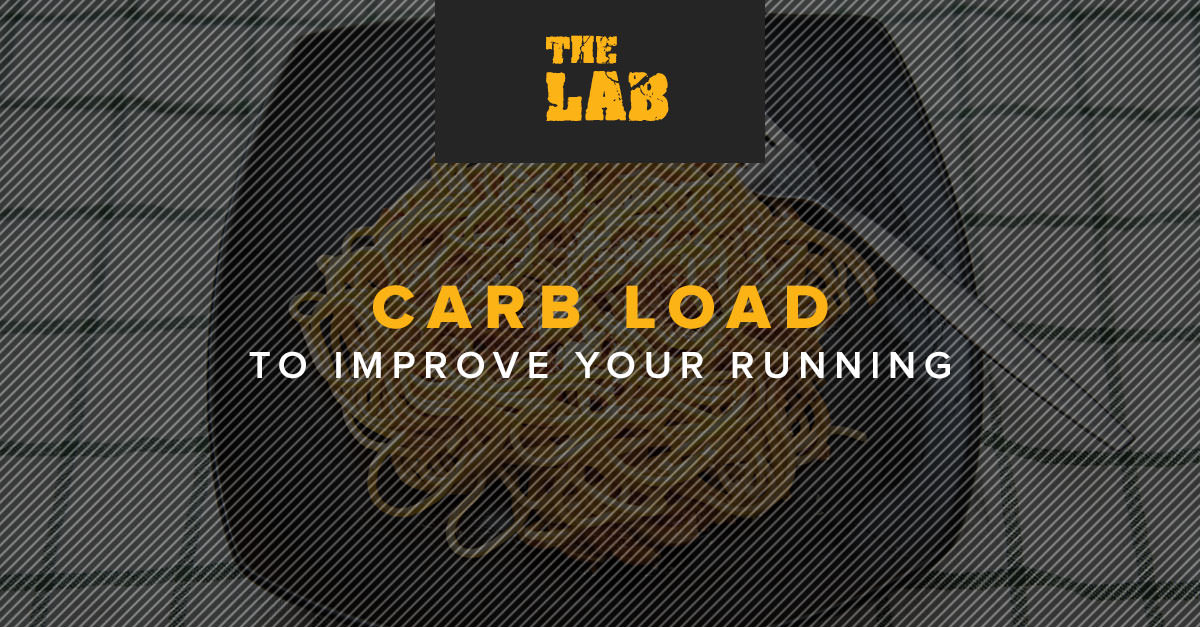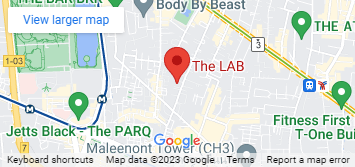Carb load is a term that might leave your mouth watering at the thought of having free reign to chow down on all your favorite carbohydrate foods. Doing a carb load correctly can have a significantly positive effect on your performance in an endurance event generally lasting longer than 90 minutes. There is more to a carb load than an all you can eat buffet the night before. The type of foods, the quantity of those foods, and the timing of when you eat those foods all play an important role in maximizing your performance.
It’s not necessary to carb load over a shorter distance such as a 10k race because it’s unlikely you will use up all your muscle glycogen stores. If you carb load unnecessarily it can have adverse effects on your race because you may be holding too much extra weight from the additional carbs you consumed. In a longer distance race this wouldn’t be an issue because you would need the additional glycogen stores and you can sweat out excess water retention.
Carb load and glycogen stores
When you eat carbohydrates your body stores it in your muscles as glycogen. Your body dips into these glycogen stores when it needs energy. If you use up all your glycogen stores during a long distance race such as a marathon then you may “hit a wall”. You start to feel sluggish and running becomes much harder as your body tries to use body fat for fuel and this is a much slower process. A successful carb load will help you keep going for longer as your glycogen stores are filled to the brim.
As a general rule you should stick to foods that your body can process easier such as rice, bread, fruit, sweet potatoes etc. The closer you get to the race you need to consider how much fiber your food contains. If you eat too many fibrous vegetables the night before you might feel bloated and possibly constipated. It’s also important to stay away from foods too high in fat because they take longer to digest and won’t help increase your glycogen stores. So no trips to Krispy Kreme as the race approaches unfortunately.
How much should you eat during your carb load?
It’s a common misconception that you should just have one huge carb filled meal the night before. This alone will not fill up your glycogen stores to their max limit and you risk working your digestive system too hard. A carb load would normally be recommended to start at least a few days before a race. Your calories should not be significantly higher than normal but more of the calories you eat should be coming from carbs. The extra carbs might cause some extra water retention causing your body weight to increase. This is normal for long distance runners and you can perform to a high level for longer because of the extra glycogen. As long as you don’t increase your dietary fat and protein alongside the carbs, then this extra weight shouldn’t be stored as body fat.
There will be different protocols for various different endurance races. A carb load for a half marathon would be different than that of a full Ironman. You will need to make tweaks with your training and diet the weeks and days leading up to the event. Try experimenting with a carb load a few weeks before your race and see how it affects your performance in training. If you try something too drastic right before a race it can potentially have adverse effects. Choose what works best for you and have fun with it because it’s not every day you will be advised to eat more rice, bread, and blueberry pancakes!
Rishi Haria – Strength & Conditioning Coach
E: rishi@thelabbangkok.com, T: 02-662-1618

